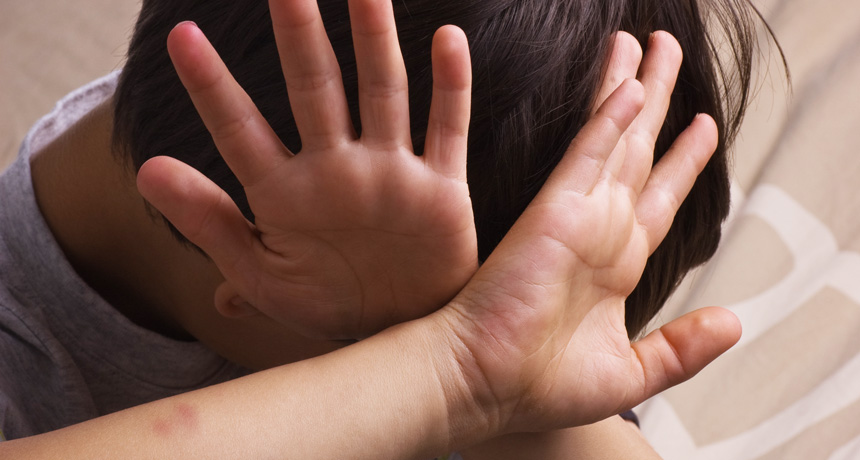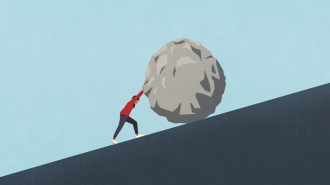Physically abused kids learn to fail at social rules for success
Challenges adjusting from volatile to stable social rewards can lead to misbehavior

SOCIAL HIT New lab experiments indicate that physically abused youth have trouble learning to make choices that consistently lead to a reward. This impairment of a basic form of social learning contributes to behavior problems known to occur among abused individuals, researchers say.
Dennis Steen/Shutterstock







